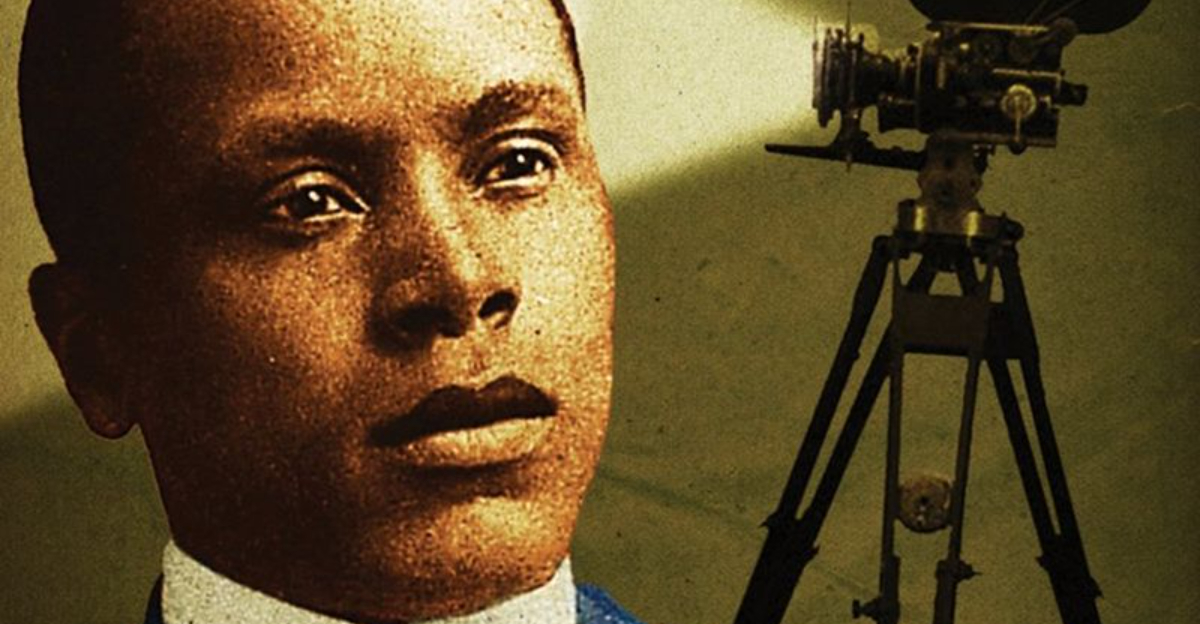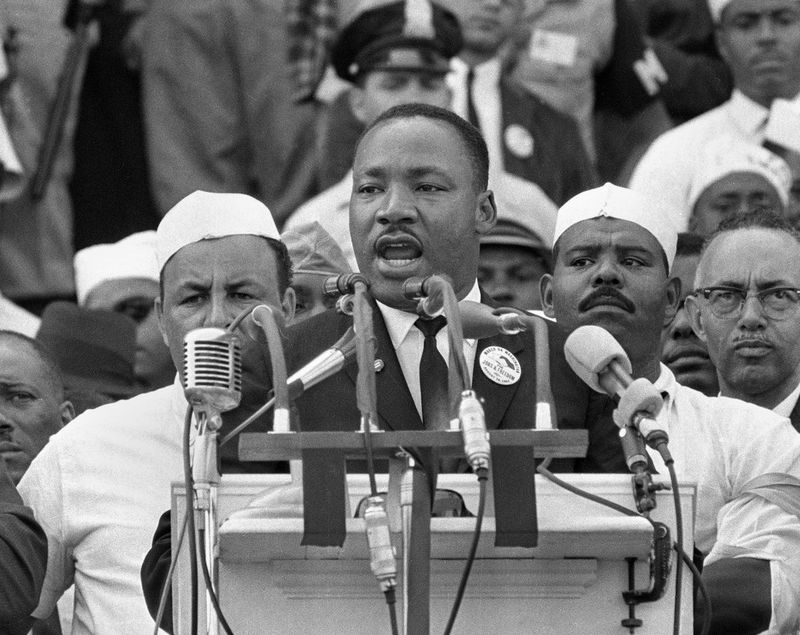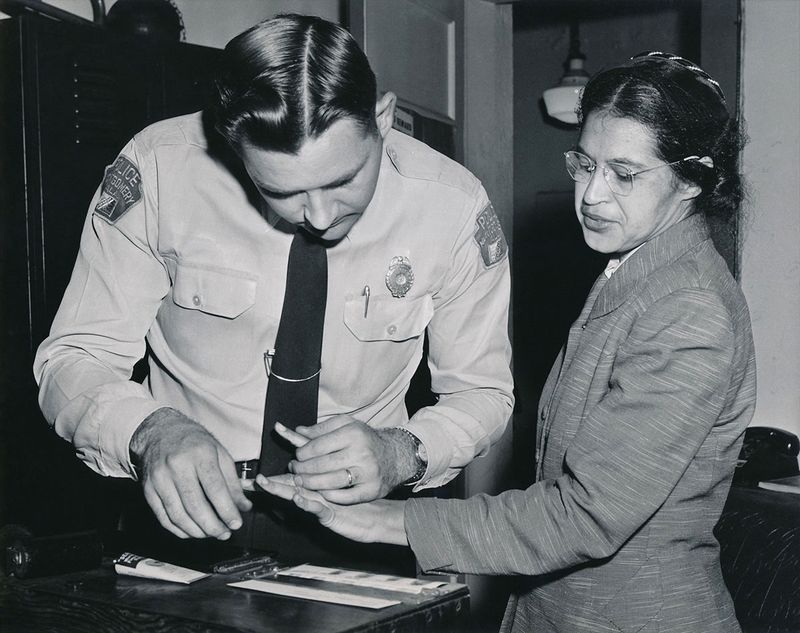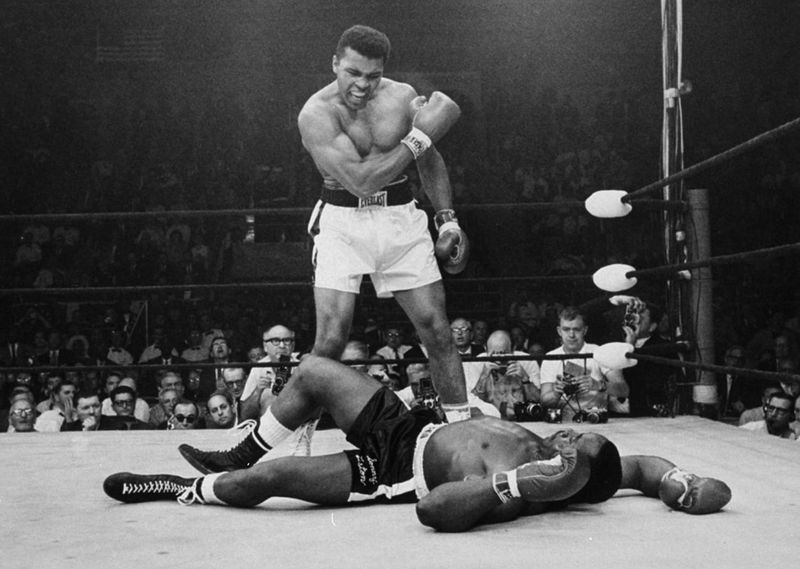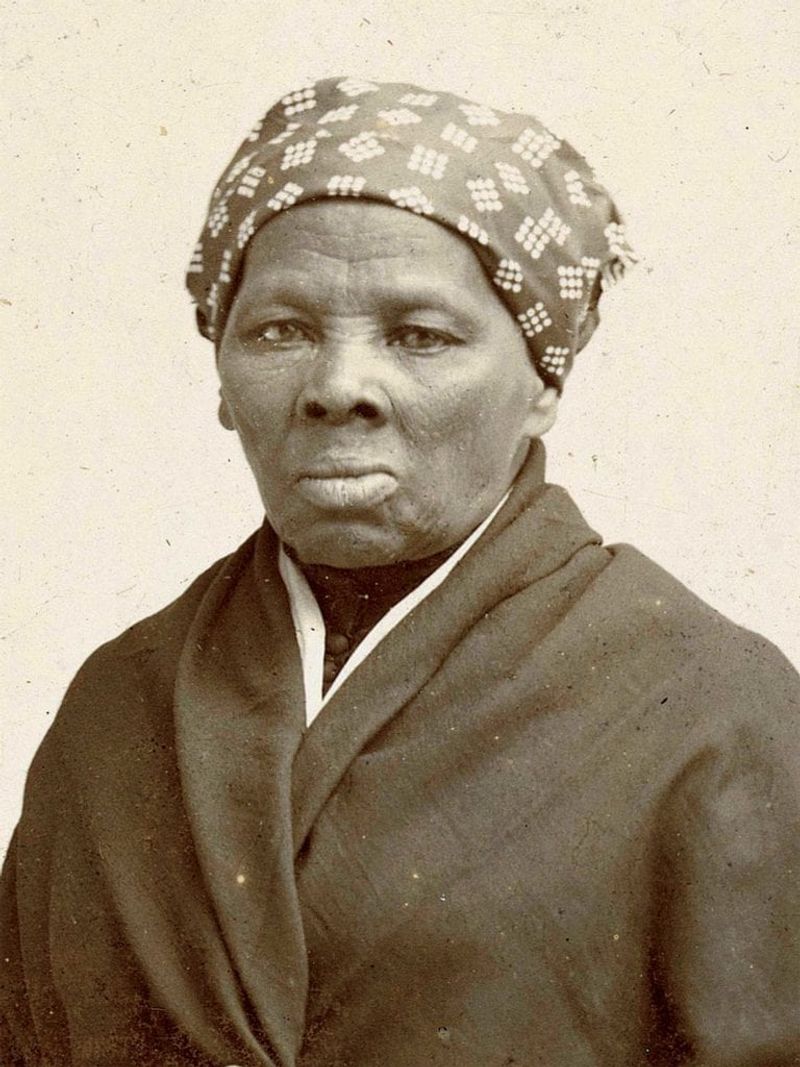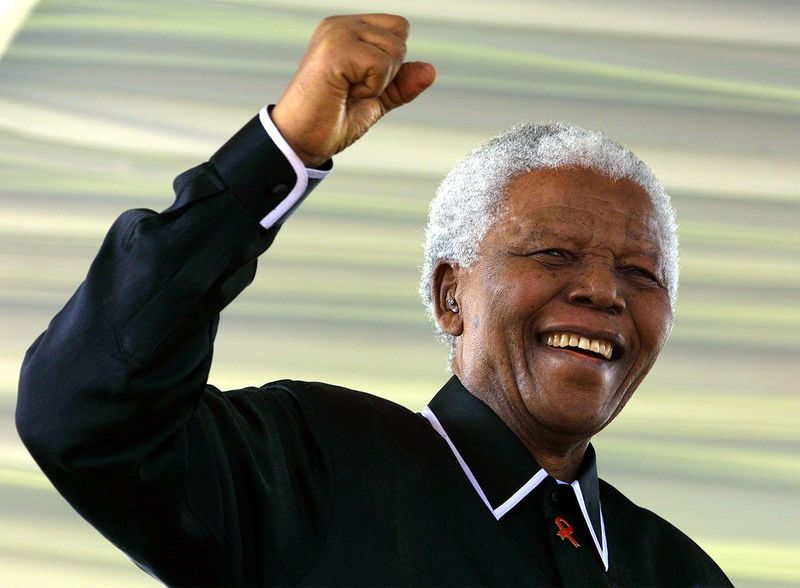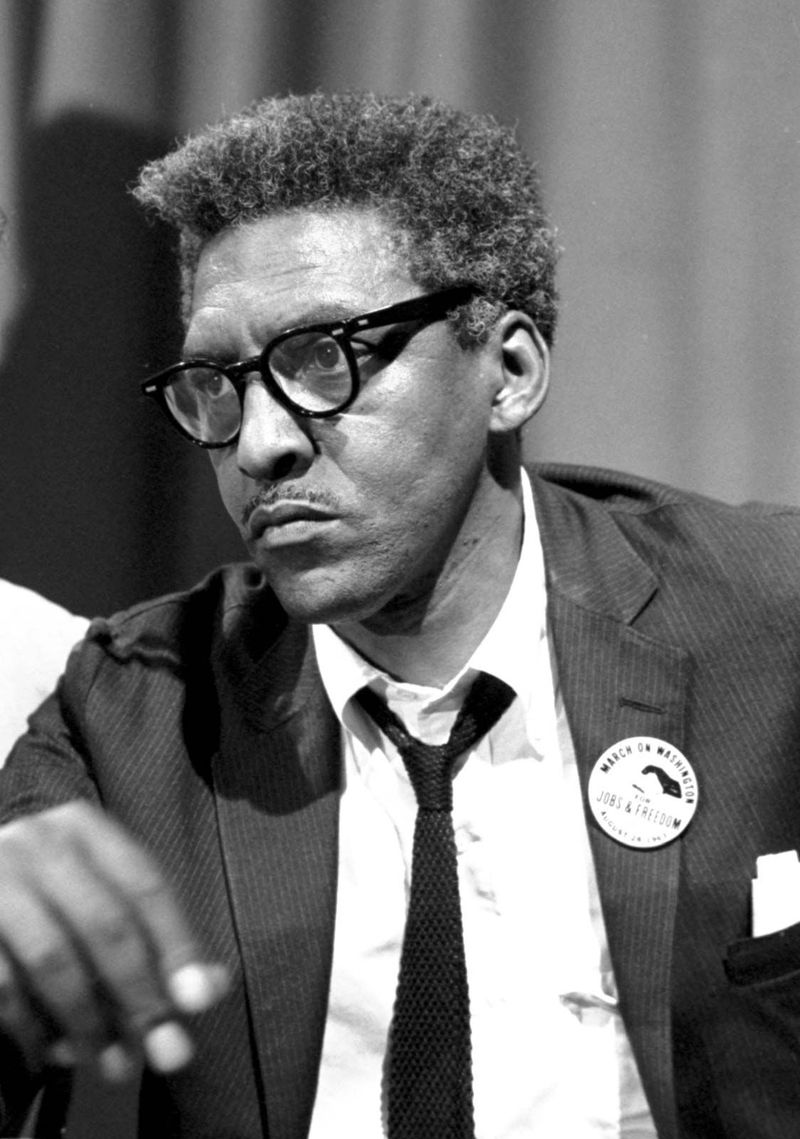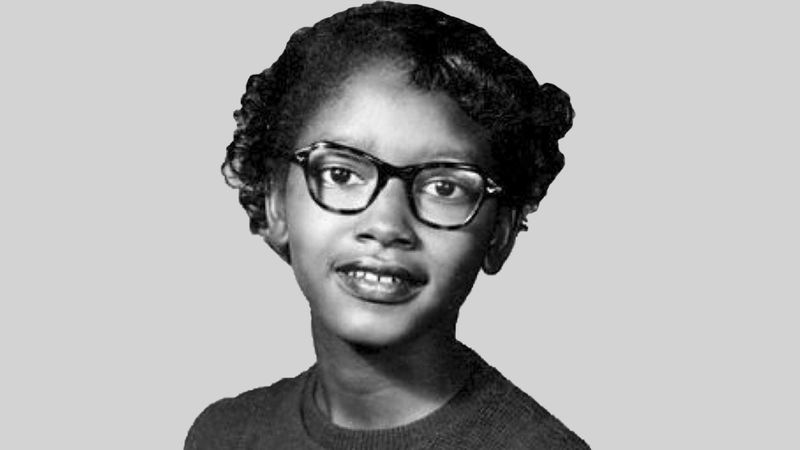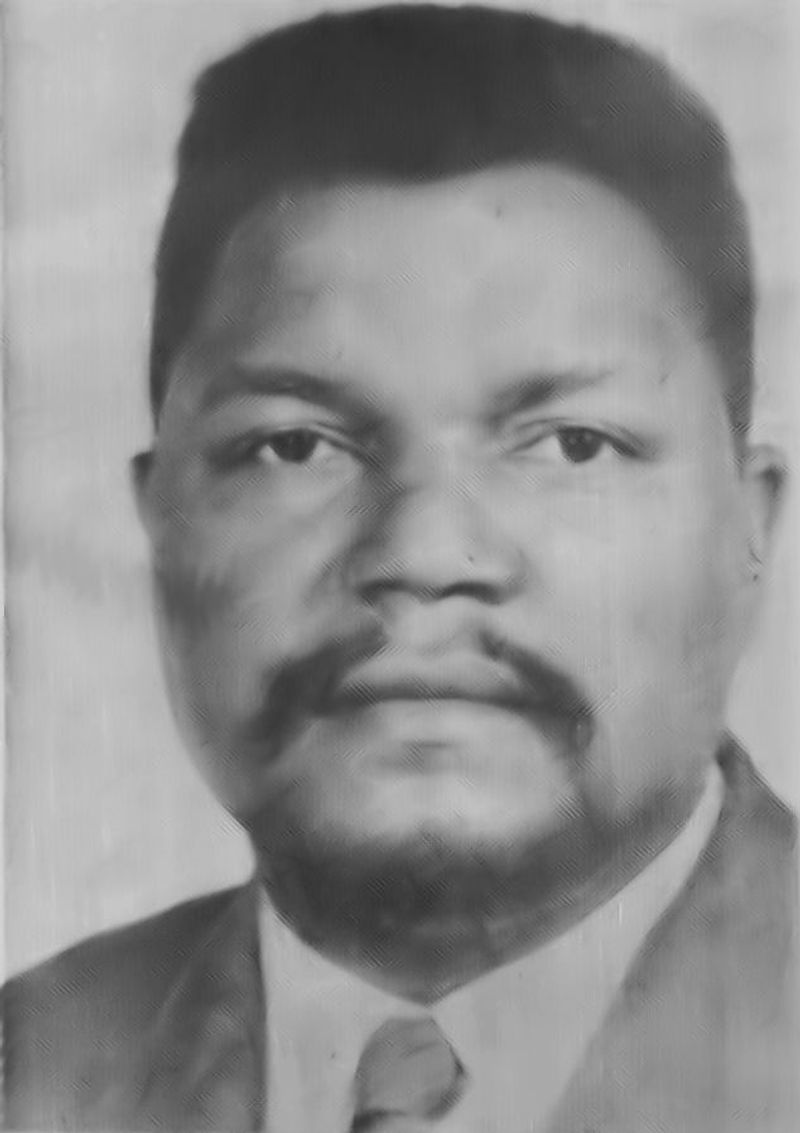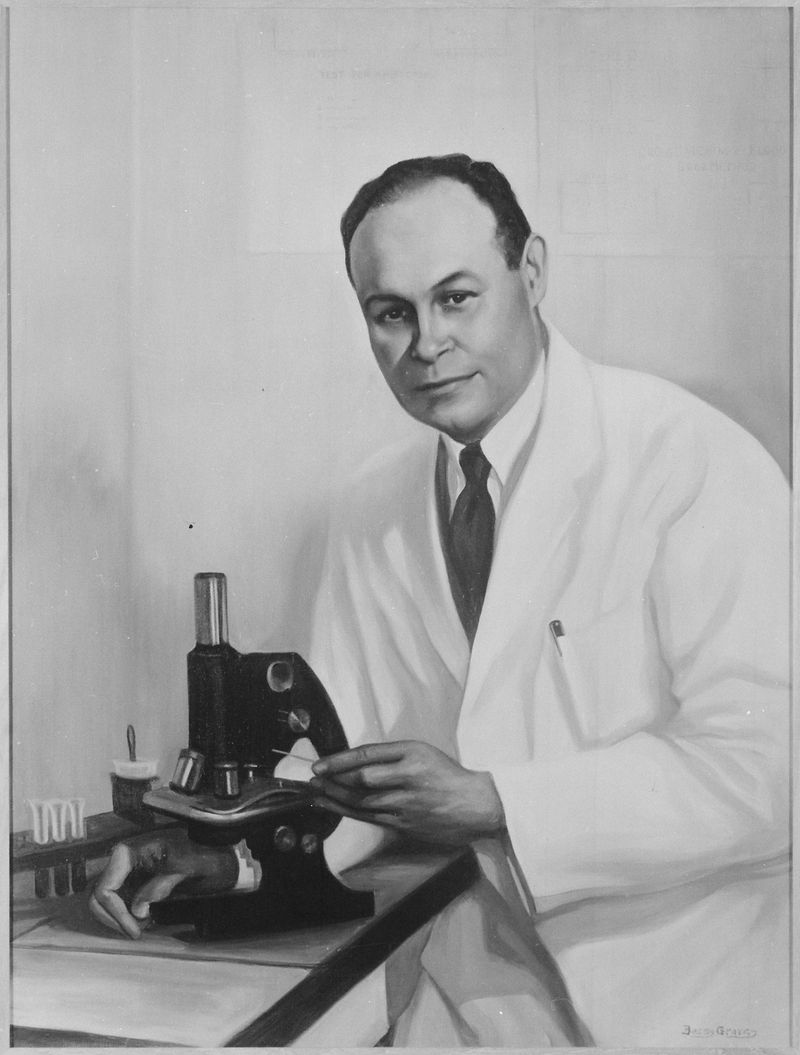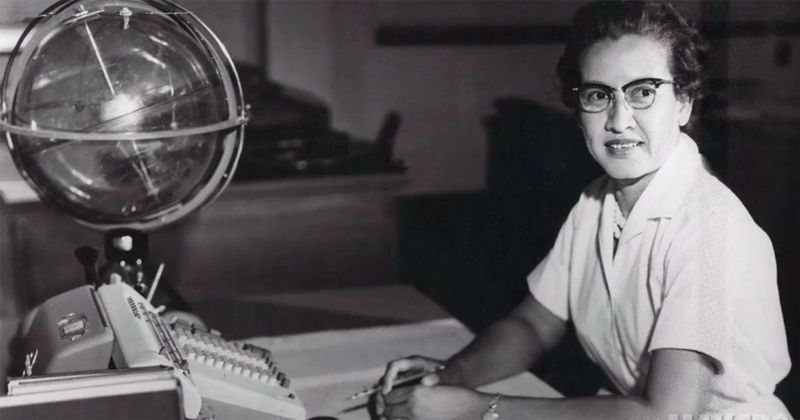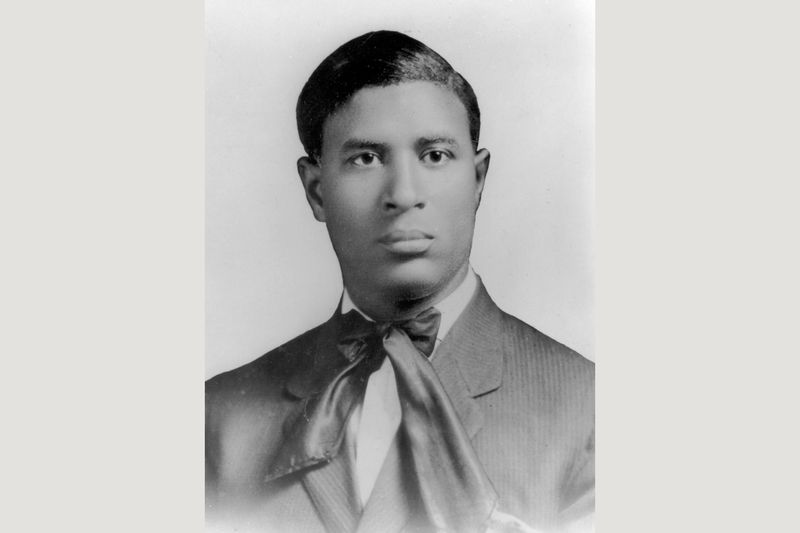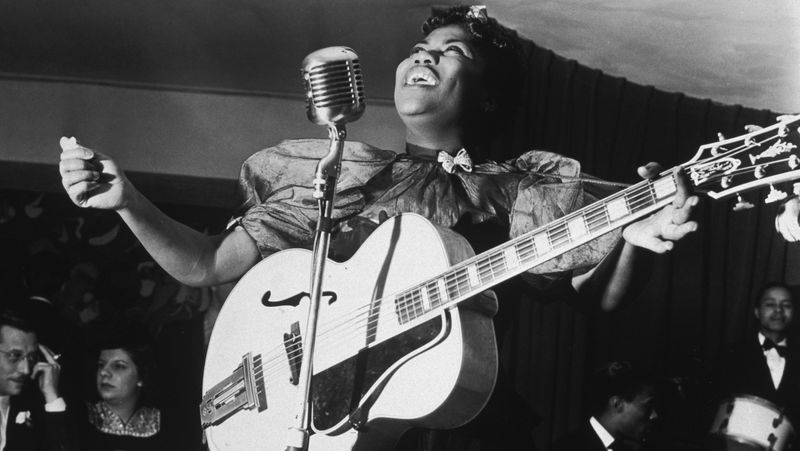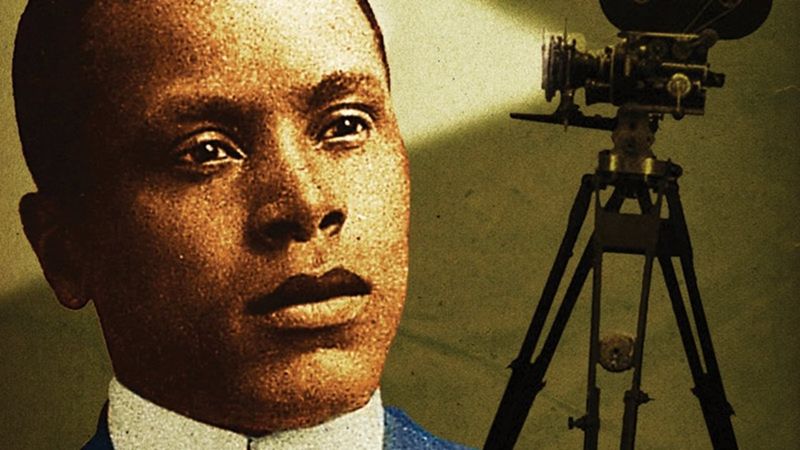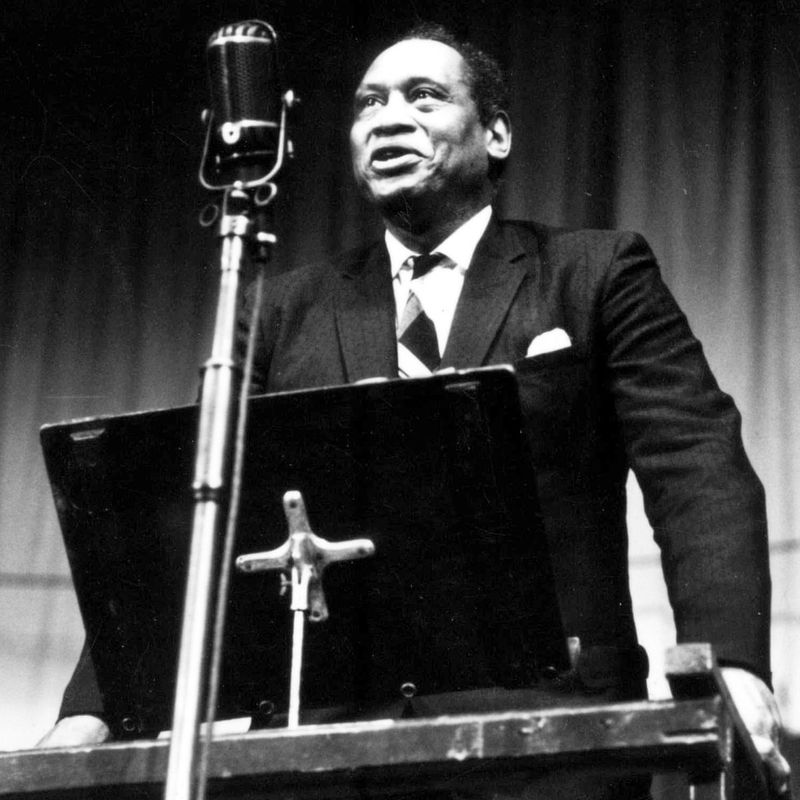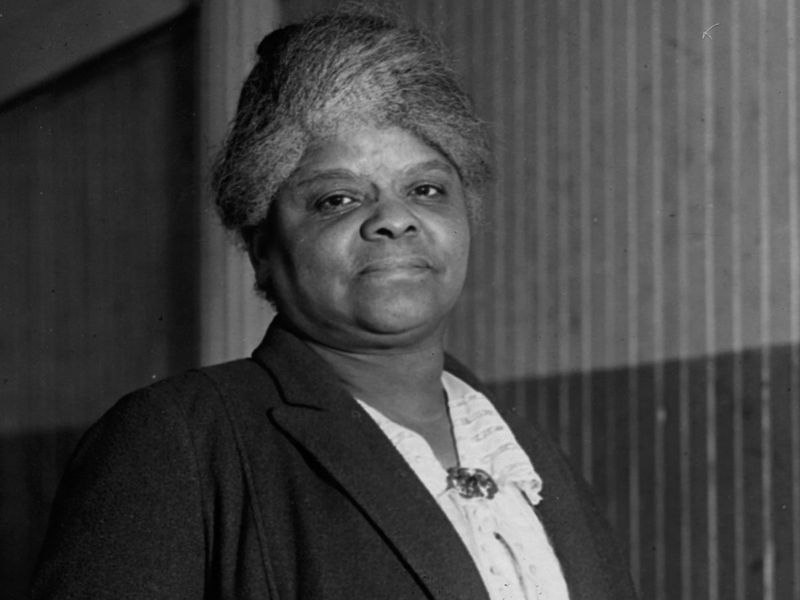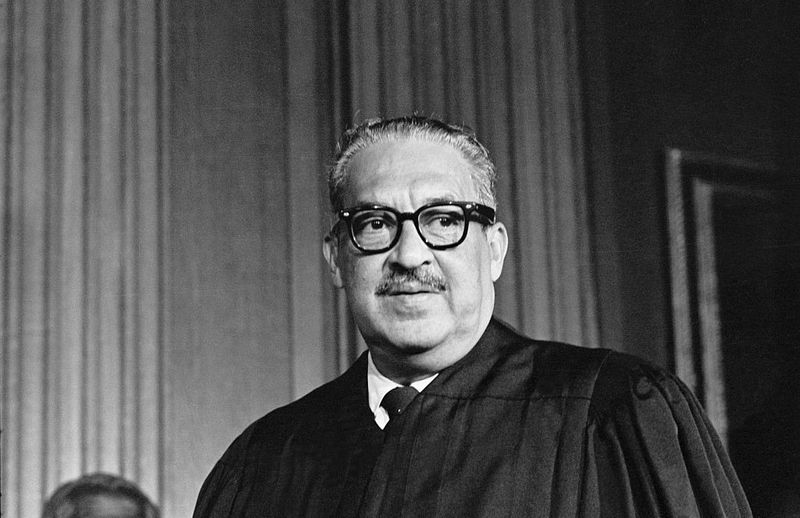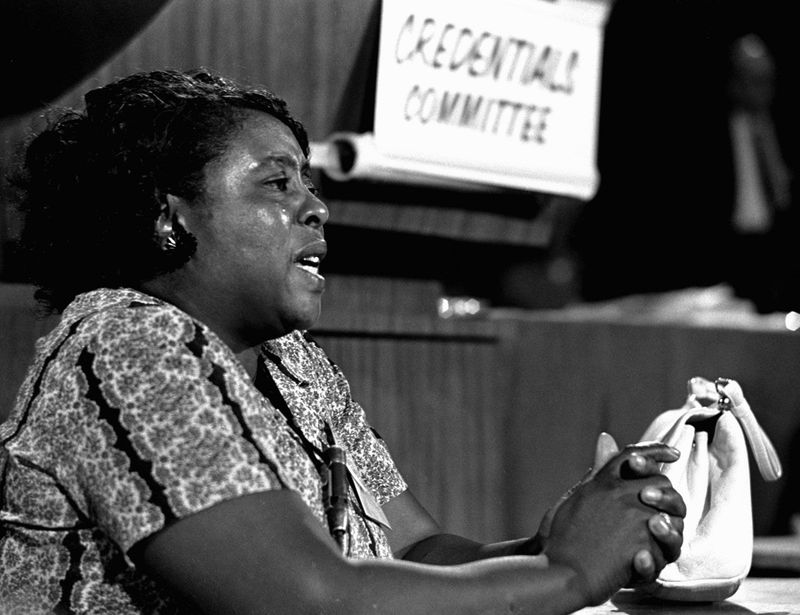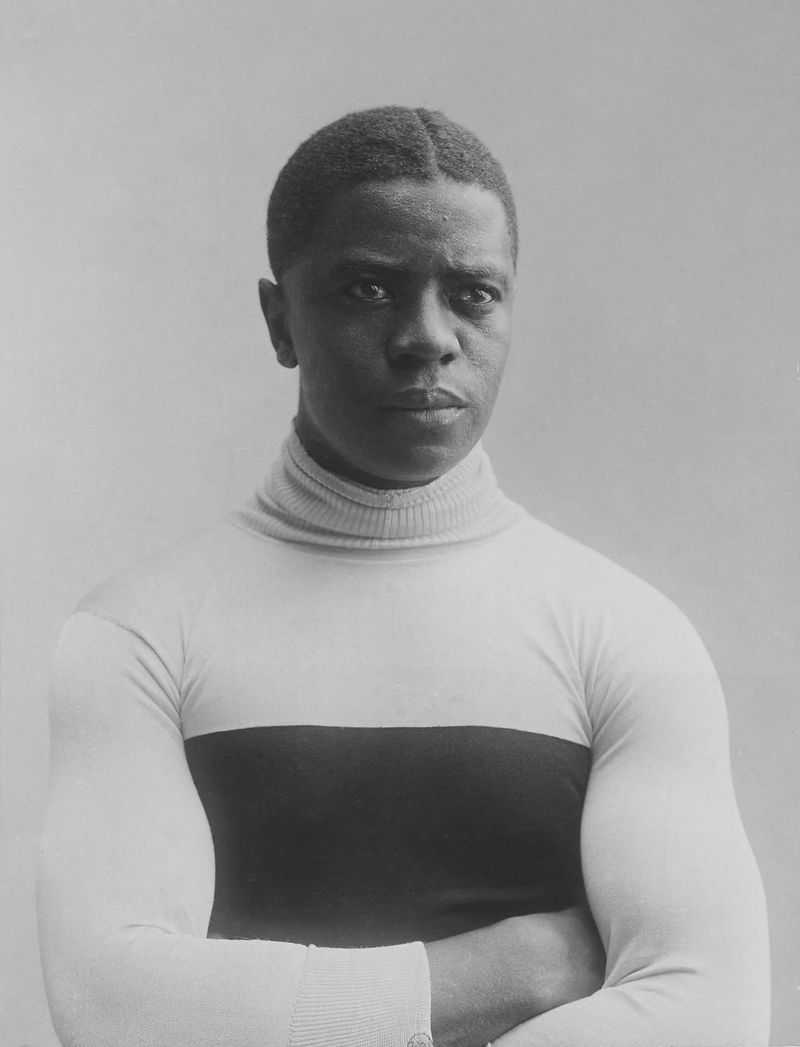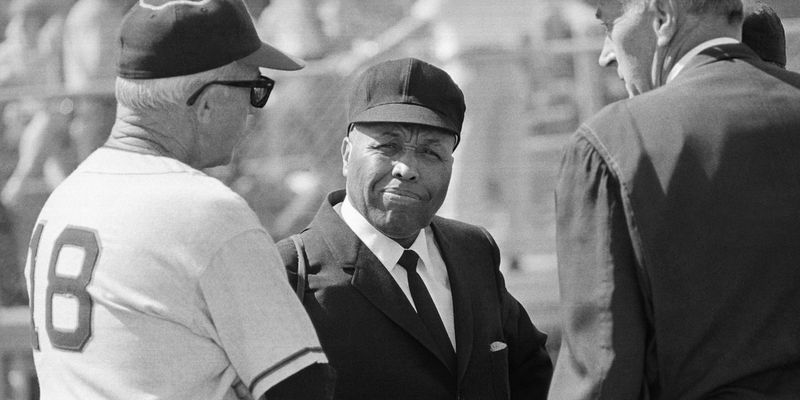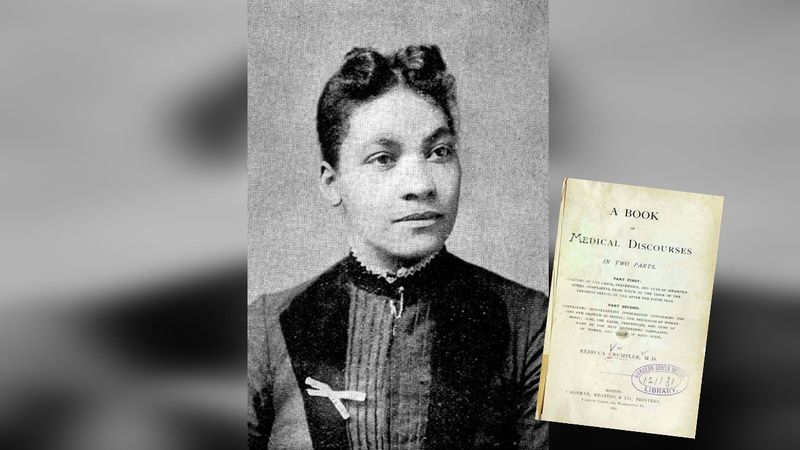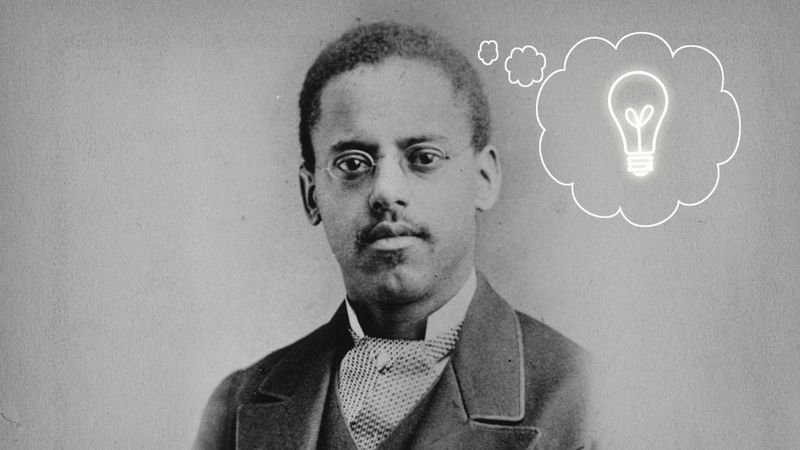This blog post explores both well-known and lesser-known Black historical figures who have shaped the world in various ways. From civil rights leaders to pioneers in arts, science, and sports, these individuals have left indelible marks on history. The post is divided into two sections: the first highlights five iconic figures recognized globally, while the second introduces seventeen game-changers less familiar to the general public. Each entry offers a glimpse into their achievements and lasting impact, accompanied by image prompts and search queries to further explore their legacies in visual form.
1. Martin Luther King Jr.
Martin Luther King Jr. remains a towering figure in the fight for civil rights. Famous for his “I Have a Dream” speech, King articulated a vision of racial equality and justice that continues to inspire. Born in Atlanta, Georgia, King was a Baptist minister who rose to prominence through his leadership in the Montgomery Bus Boycott. His commitment to nonviolent protest made him a symbol of hope and change. Tragically assassinated in 1968, his legacy lives on in the ongoing struggle for civil rights and his enduring message of love and unity.
2. Rosa Parks
Rosa Parks’ quiet strength sparked a revolution. On December 1, 1955, in Montgomery, Alabama, she refused to relinquish her bus seat to a white passenger, challenging segregation laws. This courageous act ignited the Montgomery Bus Boycott, a pivotal moment in the civil rights movement. Parks, often called the “mother of the freedom movement,” faced arrest and personal hardship but remained steadfast. Her legacy is celebrated as an emblem of dignity and resistance. Beyond her famous bus protest, Parks’ lifelong commitment to equality and justice remains a powerful testament to individual impact.
3. Muhammad Ali
Muhammad Ali shook the world both inside and outside the ring. Known for his lightning-fast fists and brash personality, Ali’s boxing prowess earned him the title of “The Greatest.” Born Cassius Clay, he changed his name after converting to Islam. Beyond sports, Ali made headlines by opposing the Vietnam War draft, citing his religious beliefs. His stance cost him dearly, including his boxing license and titles. Yet, Ali’s unwavering principles and advocacy for racial justice solidified his status as a cultural icon. His legacy endures as a symbol of courage and conviction.
4. Harriet Tubman
Harriet Tubman, a beacon of bravery, led enslaved people to freedom on the Underground Railroad. Born into slavery in Maryland, she escaped and returned repeatedly to free others. Known as “Moses,” Tubman never lost a passenger. Her daring journeys, often under the cover of darkness, highlighted her leadership and resilience. During the Civil War, she served as a spy and nurse for the Union Army. Tubman’s post-war advocacy for women’s suffrage underscores her lifelong dedication to justice. Her extraordinary courage and commitment to freedom have made her an enduring symbol of strength and liberation.
5. Nelson Mandela
Nelson Mandela’s journey from prisoner to president is legendary. As an anti-apartheid revolutionary, Mandela fought against racial oppression in South Africa. Imprisoned for 27 years, his release in 1990 marked a turning point in the nation’s history. Mandela’s presidency from 1994 to 1999 was marked by reconciliation efforts and the dismantling of apartheid. Celebrated globally for his leadership and humility, Mandela received the Nobel Peace Prize in 1993. His legacy as a champion of freedom, equality, and human rights continues to inspire movements worldwide. Mandela’s life exemplifies the power of forgiveness and perseverance.
1. Bayard Rustin
Bayard Rustin, a key architect of the civil rights movement, remains an unsung hero. Known for organizing the 1963 March on Washington, Rustin’s strategic brilliance was pivotal. Despite facing discrimination as a gay man, his contributions were instrumental to the movement’s success. Rustin’s advocacy extended beyond civil rights, championing nonviolent protest and labor rights. His commitment to social justice and equality transcended barriers of race and sexuality. Rustin’s legacy, though often overshadowed, is celebrated for its profound impact on the fight for freedom and justice.
2. Claudette Colvin
Claudette Colvin, a pioneering figure in civil rights, made history before Rosa Parks. At just 15 years old, she refused to give up her bus seat in Montgomery, Alabama. Her bold defiance challenged segregation laws, yet she was deemed “too young” to be the movement’s face. Colvin’s courage inspired others and laid the groundwork for the Montgomery Bus Boycott. Despite facing legal battles and societal backlash, her story underscores the power of youthful activism. Colvin’s contribution, though often overlooked, remains a vital chapter in the struggle for equality and justice.
3. Robert F. Williams
Robert F. Williams was a fearless advocate for armed self-defense in the civil rights movement. Leading the Monroe, North Carolina NAACP chapter, he protected Black communities from KKK violence. His book, “Negroes With Guns,” inspired the Black Power movement. Williams’ controversial stance on armed resistance challenged the era’s nonviolent approach, making him a complex figure in civil rights history. Exiled to Cuba and China for his beliefs, he continued advocating for racial justice. Williams’ legacy is a testament to the diverse strategies within the struggle for freedom.
4. Dr. Charles Drew
Dr. Charles Drew revolutionized blood banking, saving countless lives. As an African American surgeon, he developed methods for storing blood plasma, crucial during World War II. Despite his groundbreaking work, Drew faced racial discrimination, including being denied treatment at a whites-only hospital, leading to his untimely death. His legacy in medical science is profound, breaking barriers and paving the way for future innovations. Drew’s contributions to medicine, coupled with his advocacy for equality, highlight his enduring impact on healthcare and civil rights.
5. Katherine Johnson
Katherine Johnson’s mathematical brilliance guided NASA’s success during the space race. Her calculations were pivotal to the Apollo 11 moon landing. As an African American woman in a segregated workplace, Johnson broke barriers with her expertise and determination. Her story, highlighted in “Hidden Figures,” showcases her critical role in space exploration. Johnson’s legacy extends beyond her technical achievements, inspiring future generations in STEM fields. She has been honored with numerous awards, including the Presidential Medal of Freedom. Johnson’s life exemplifies the power of intellect and perseverance.
6. Garrett Morgan
Garrett Morgan, an inventive genius, transformed public safety with his inventions. Known for developing the traffic signal and gas mask, Morgan’s creations saved countless lives. As an African American inventor in the early 20th century, he faced challenges in patenting his work. Despite these obstacles, Morgan’s innovations gained recognition, showcasing his ingenuity and resilience. Beyond his inventions, Morgan’s advocacy for African American rights further cemented his legacy. His contributions to technology and society continue to impact daily life, reflecting the power of creativity and determination.
7. Sister Rosetta Tharpe
Sister Rosetta Tharpe, the “Godmother of Rock ‘n’ Roll,” electrified audiences with her talent. Her unique blend of gospel and rock influenced legends like Elvis and Chuck Berry. Tharpe’s innovative guitar playing and powerful voice broke barriers in a male-dominated industry. Performing in the 1940s and 50s, she captivated diverse audiences and challenged musical norms. Despite her groundbreaking contributions, Tharpe’s legacy remains underappreciated. Her music laid the foundation for rock ‘n’ roll, inspiring generations of musicians and redefining the genre. Tharpe’s influence endures in music history.
8. Oscar Micheaux
Oscar Micheaux was a trailblazing filmmaker who challenged racial stereotypes in cinema. As the first major Black director, he produced over 40 films that highlighted African American culture and resilience. Micheaux’s works, often self-financed, tackled controversial topics like racial prejudice and social injustice. Despite limited resources and industry barriers, his pioneering spirit reshaped the film landscape. Micheaux’s contributions to cinema remain influential, paving the way for Black filmmakers. Celebrated for his bold storytelling and innovation, Micheaux’s legacy continues to inspire and empower artists worldwide.
9. Paul Robeson
Paul Robeson was a multi-talented trailblazer whose career spanned music, film, and activism. An acclaimed singer and actor, Robeson used his platform to advocate for racial equality and criticize colonialism. Despite facing political persecution and blacklisting, his commitment to social justice never wavered. Robeson’s powerful voice and unwavering principles left an indelible mark on the arts and civil rights movements. His legacy as a champion of freedom and dignity continues to inspire. Robeson’s life and work exemplify the transformative power of art and activism.
10. Ida B. Wells
Ida B. Wells was a fearless investigative journalist who exposed the horrors of lynching in America. Co-founder of the NAACP, Wells used her pen to challenge racial injustice and fight for civil rights. Her courageous reporting and activism made her a formidable force against oppression. Despite facing threats and backlash, Wells continued her relentless pursuit of truth and justice. Her legacy as a pioneering journalist and advocate for equality endures, inspiring generations of activists and journalists. Wells’ life exemplifies the power of courage and conviction in the face of adversity.
11. Thurgood Marshall
Thurgood Marshall, a legal visionary, changed the course of American history. As a lawyer, he won the landmark case Brown v. Board of Education, dismantling school segregation. Appointed the first Black Supreme Court Justice, Marshall’s contributions to civil rights extended beyond the courtroom. His commitment to justice and equality shaped the nation’s legal landscape. Marshall’s legacy as a champion of civil rights and equality continues to resonate. His life’s work underscores the transformative power of law in achieving social change.
12. Fannie Lou Hamer
Fannie Lou Hamer, a relentless advocate for voting rights, transformed American democracy. As a sharecropper turned activist, she co-founded the Mississippi Freedom Democratic Party. Her powerful testimony at the 1964 Democratic National Convention shed light on racial injustice. Despite facing violence and intimidation, Hamer’s grassroots activism inspired change. Her legacy as a fearless leader in the fight for civil rights endures. Hamer’s life exemplifies the power of grassroots activism and the fight for equality and justice.
13. Marshall “Major” Taylor
Marshall “Major” Taylor was a pioneering athlete who broke racial barriers in cycling. As the 1899 world cycling champion, he faced intense racism and hostility. Despite these challenges, Taylor’s remarkable speed and skill earned him international acclaim. His achievements in the face of adversity made him a symbol of resilience and determination. Taylor’s legacy as a trailblazer in sports continues to inspire athletes today. His life exemplifies the power of perseverance and the fight for equality in sports.
14. Alice Coachman
Alice Coachman made history as the first Black woman to win an Olympic gold medal. Her triumph in the high jump at the 1948 London Olympics was a groundbreaking achievement. Despite facing racial and gender discrimination, Coachman’s talent and determination propelled her to victory. Her success paved the way for future generations of Black athletes. Coachman’s legacy as a trailblazer in sports and a symbol of excellence endures. Her life exemplifies the power of talent and perseverance in overcoming barriers.
15. Emmett Ashford
Emmett Ashford broke barriers as Major League Baseball’s first Black umpire. His dynamic style and authoritative presence on the field earned him respect and admiration. Despite facing racism and prejudice, Ashford’s commitment to fairness and integrity never wavered. His pioneering role in integrating baseball extended beyond players, challenging the status quo. Ashford’s legacy as a trailblazer in sports and a symbol of progress continues to inspire. His life exemplifies the power of courage and determination in breaking barriers.
16. Dr. Rebecca Lee Crumpler
Dr. Rebecca Lee Crumpler made history as the first Black woman to earn a medical degree in the United States. Graduating in 1864, she broke through racial and gender barriers in a male-dominated field. Crumpler’s commitment to healthcare and her patients was unwavering, often serving the underserved. Her pioneering work laid the foundation for future generations of Black female physicians. Crumpler’s legacy as a trailblazer in medicine continues to inspire. Her life exemplifies the power of education and dedication in overcoming obstacles.
17. Lewis Latimer
Lewis Latimer’s inventive genius illuminated the world. As an engineer and inventor, he perfected the carbon filament for the light bulb. Despite working in the shadow of Thomas Edison, Latimer’s contributions were vital to the development of electric lighting. His work extended beyond inventions, advocating for intellectual property rights and racial equality. Latimer’s legacy in engineering and innovation continues to shine bright. His life exemplifies the power of creativity and resilience in the face of adversity.
